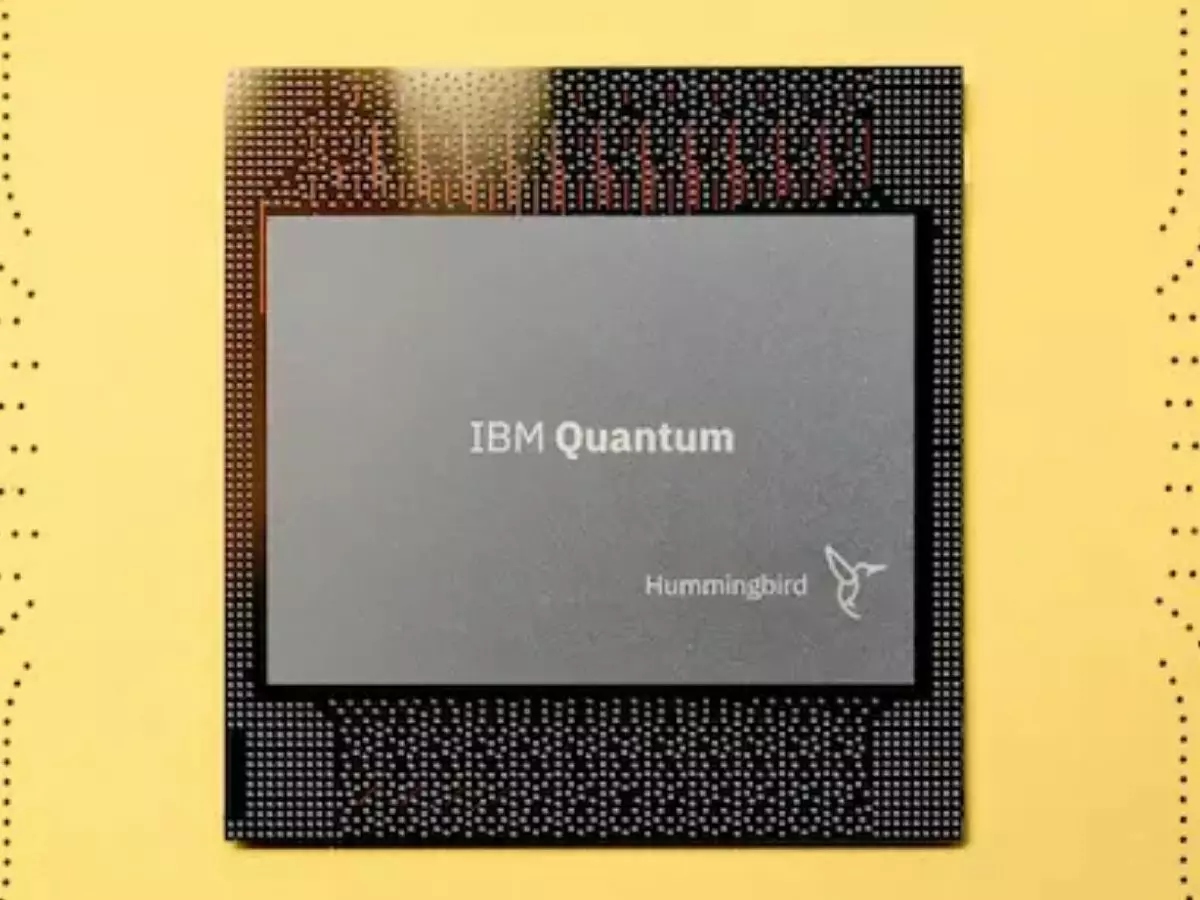IBM's Built 127 Qubit Chip Alongside 1,000 Qubits-Compatible Quantum System Two
Eagle makes use of new techniques that place control components on multiple physical levels while keeping qubits on a single later. Eagle¡¯s design allows for more usable qubits to be used. Sutor added that Eagle cannot be completely simulated on a classical computer.

IBM has revealed two massive next-generation quantum computing systems that could revolutionise computing for us all.
 Representational Image: IBM
Representational Image: IBM
Also Read: China's Built World's Fastest Quantum Computer, 10 Million Times Faster Than Google's
One of them was an all-new 127-qubit processor dubbed Eagle and the others were previewed designs for IBM Quantum System.
The announcements were a part of the IBM Quantum Summit that shed light on the company¡¯s hardware journey.
According to Bob Sutor, vice president of AI, blockchain and quantum solutions at IBM, Eagle is the company¡¯s next big step in scaling quantum computing. In fact, it¡¯s the first processor by the company that contains over 100 qubits.
Eagle makes use of new techniques that place control components on multiple physical levels while keeping qubits on a single later. Eagle¡¯s design allows for more usable qubits to be used. Sutor added that Eagle cannot be completely simulated on a classical computer.
IBM highlights that it¡¯s based on IBMs heavy-hexagonal qubit layout seen alongside IBM¡¯s Falcom processor where qubits connect with either two or three neighbours as if sitting upon the edges and corners of tessellated hexagons.
Also Read: How Quantum Computing Will Help Solve Real-World Problems Much Faster
This allows for the decreased potential for errors caused due to interactions between neighbouring qubits, offering considerable boosts in yielding functional processors
 IBM
IBM
As of now, IBM has around 50 quantum systems deployed and two of them are outside the US. Eagle will be available to select members of the IBM Quantum Network in December.
Also Read: Empowering Quantum Jobs: Top Five Skills For Quantum Coding That Will Be In Demand
IBM also revealed its Quantum System Two that is designed to work with processors that have over 1,000 qubits. The system is expected to be more modular allowing them the option to house and cool multiple processors in one system.
The Quantum System Two architecture would allow customers to manipulate and test portions of the system without affecting the entire setup. The latest quantum system from IBM is expected to be online in 2023 at IBM research.
Keep reading Indiatimes.com for the latest science and technology news.
